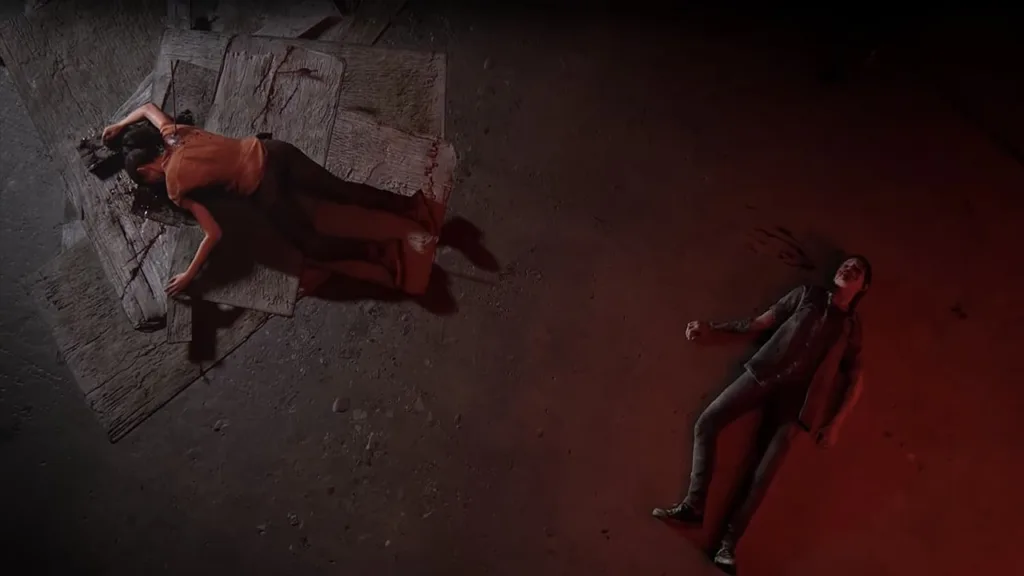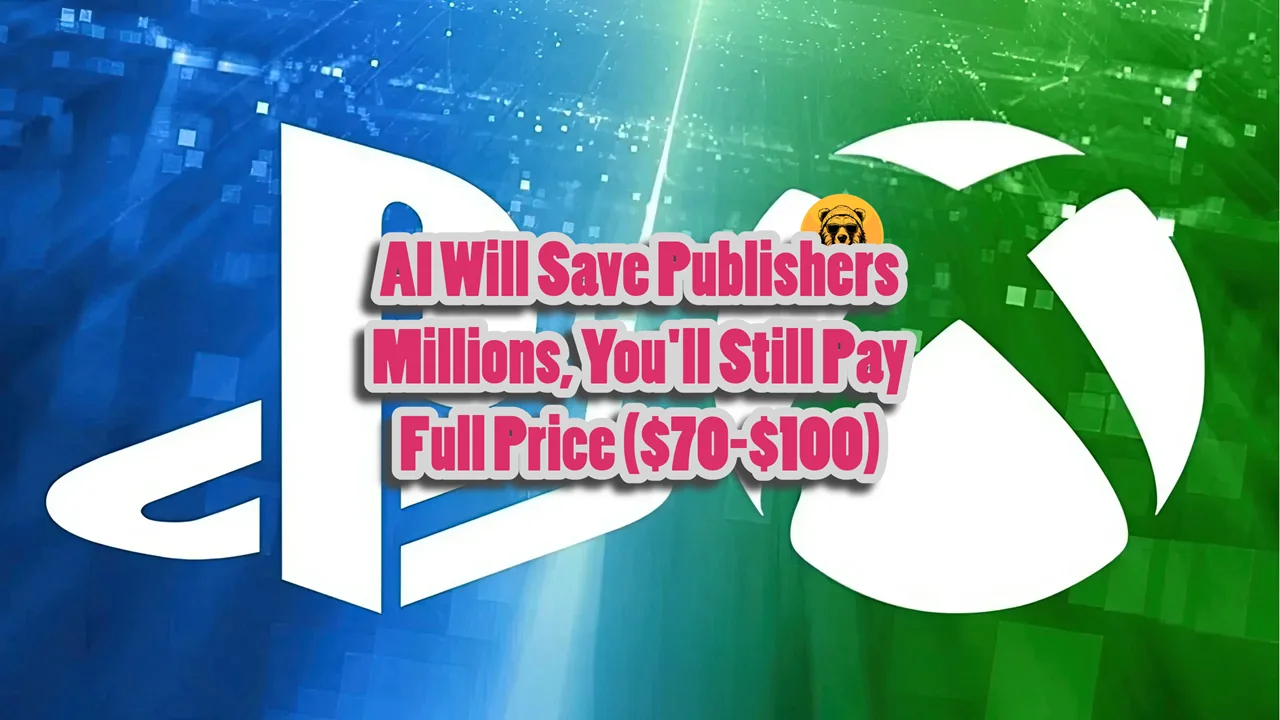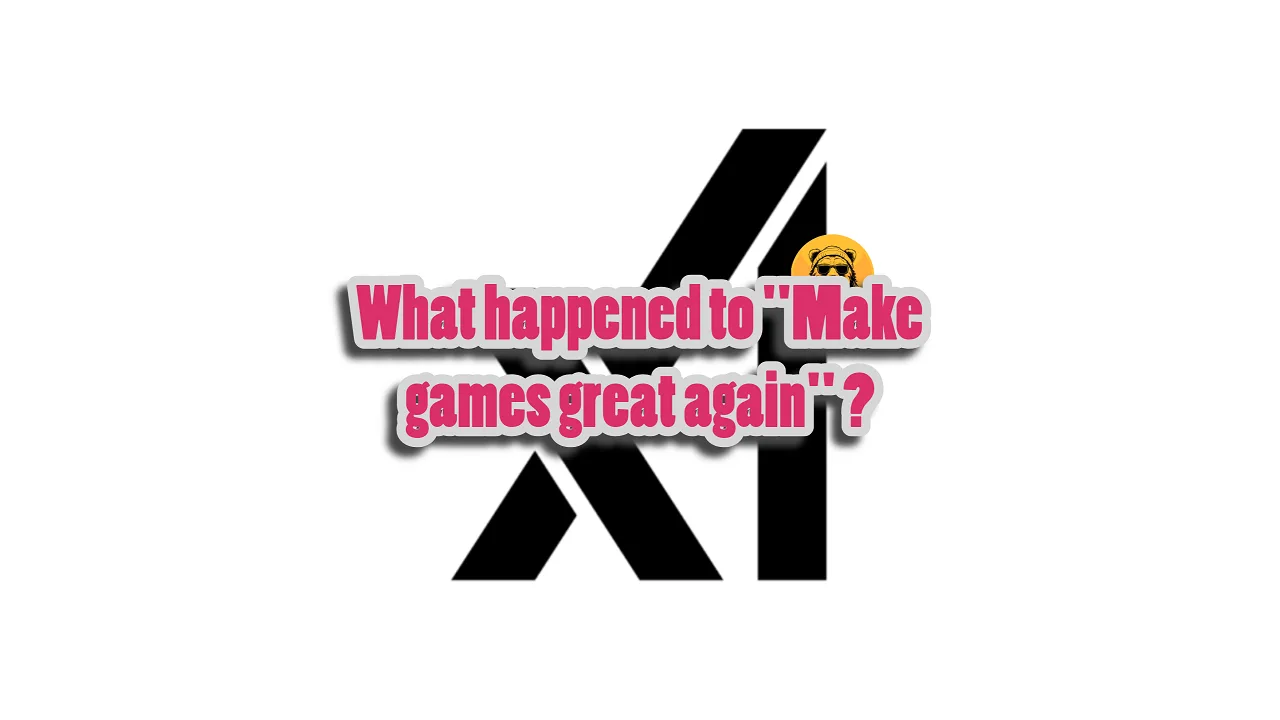The Last of Us 2 is a divisive game to say the least. When the game came out it wasn’t just the infected that split the fan base; it was the story. In a game about monsters tearing people apart, the actual thing that tore the community apart was the writing.
Was it bold? Maybe. Subversive? Sure. But for a large part of the community who spent years and countless remasters emotionally investing in Joel and Ellie, it didn’t feel like thoughtful storytelling. It felt like betrayal wrapped in shock value.
Look, The Last of Us 2 isn’t bad mechanically, far from it to be honest. It is polished, brutal, and one of the most technically stunning games. But the story left us feeling cold. Joel’s death felt less like a consequence of his past mistakes and more like a setup for the game’s revenge plot that, unfortunately, went nowhere.
The sudden shift to Abby, the person who literally beats Joel to death in front of Ellie, was jarring at best, manipulative at worst. And by the end, the story seemed more interested in making us feel guilty than giving us any real catharsis.
Joel is the character we bled for and killed hundreds of infected and survivors, was tossed aside in the opening act like a plot device. The moral ambiguity felt more like a lecture than a journey. So I asked myself: could someone with no Hollywood backing, no Sony backing, not related to Naughty Dog, and just $50 in their pocket write a better version of this story?
If the story disappointed so many of us, then what if you took out the prestige, the pressure, the million-dollar script meetings? Just ask someone who loves to tell stories, who has a fresh perspective and a curious mind to take a swing at it? We hopped onto a freelancing platform, slapped down $50, gave them the basic structure — and instructed them: Make it great. Just… make it sound like it means something again.
Turns out, they kinda did.
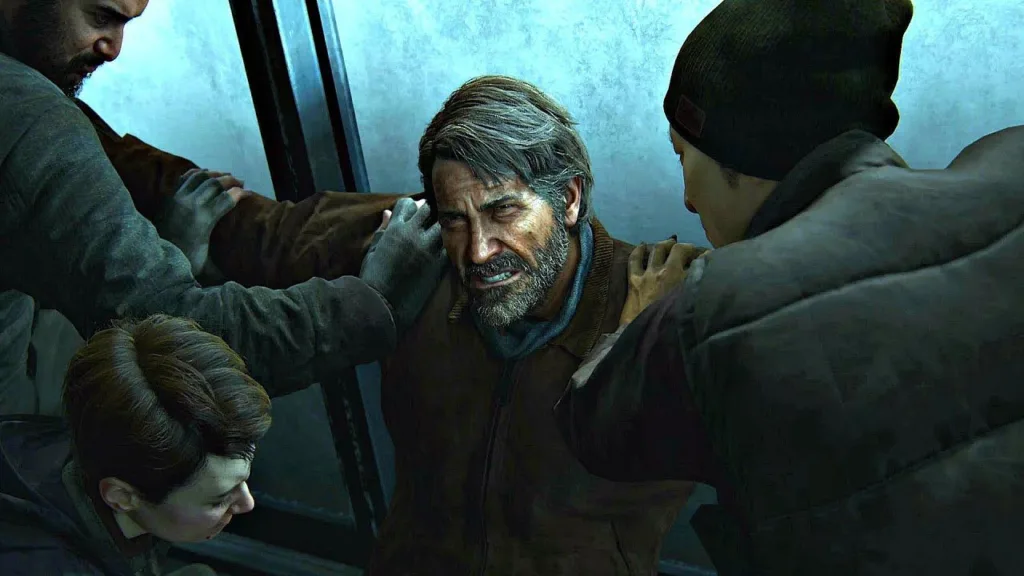
This isn’t a complete script of fan fiction epic. We took out the part that broke most people: the start. What if, instead of killing Joel, the story had traveled a more personal, emotionally wise road, clear-eyed in its examination of grief, vengeance, and consequence yet one that felt truly earned?
What we got was a “narrative pitch” and works far better than the one used in The Last of Us. We can preserve the themes of violence, revenge, and escaping the past but still keep Joel alive, introduce Abby, and continue down pretty much the same ending.
Kill Dina, not Joel.
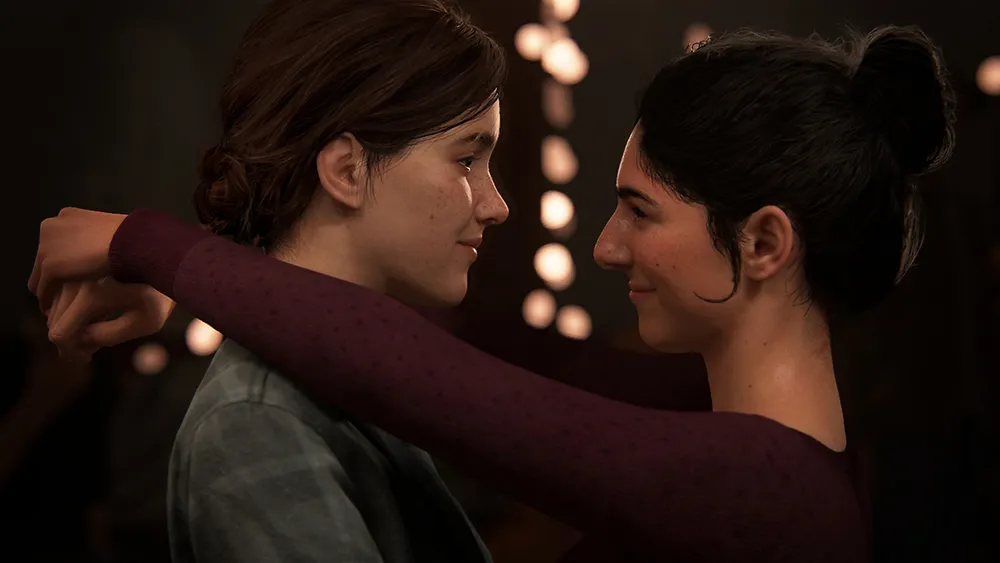
Dina is Ellie’s present and future. She’s not just a girlfriend but a symbol of peace, progress and maybe even a future beyond violence. So if Abby did kill Dina — accidentally or deliberately while searching for Joel — Ellie’s agony would be far greater than vengeance. It would be loss of hope, loss of what might have been, and loss of a potential escape from her violent past.
These would be nested under a separate layer of internal conflict than simply “I need revenge,” but also “this is what I might have had. This also creates a deep rift between Joel and Ellie for not telling the truth.
In this version of the story, Joel’s past finally comes back to haunt him, but it is not him who pays with his life, it’s Ellie who pays.
That is a powerful lens-shifter.
Rather than simply kill Joel off, the story causes his choices to ripple outward by hurting the child he saved through the death of someone she deeply loves.
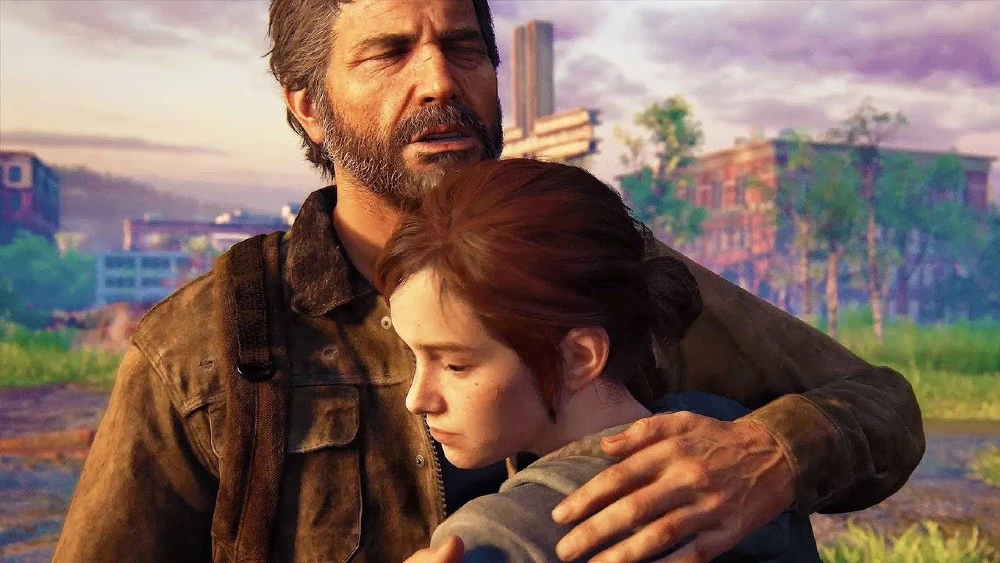
This opens up space for Ellie to hate Joel, resent him, maybe even leave him. It’s not the easy cheap shock of his death, but the deeper, slow-burning wound of learning that his act of love (saving her from the Fireflies) cursed her life in another way. It’s rich soil for character development and meaningful tension.
What I love about this route for the story is that it maintains Joel’s role as a living moral compass. Joel surviving the attack, but Dina killed brutally turns Joel into the source of the tragedy for Ellie, not the tragedy itself. This allows for a more profound moral reckoning.
We get to see Joel wrestle with guilt, defend his decision, even fall apart under the weight of its fallout. Joel turns into a mirror for Ellie, who now has to choose whether to follow in his footsteps or break the cycle of violence.
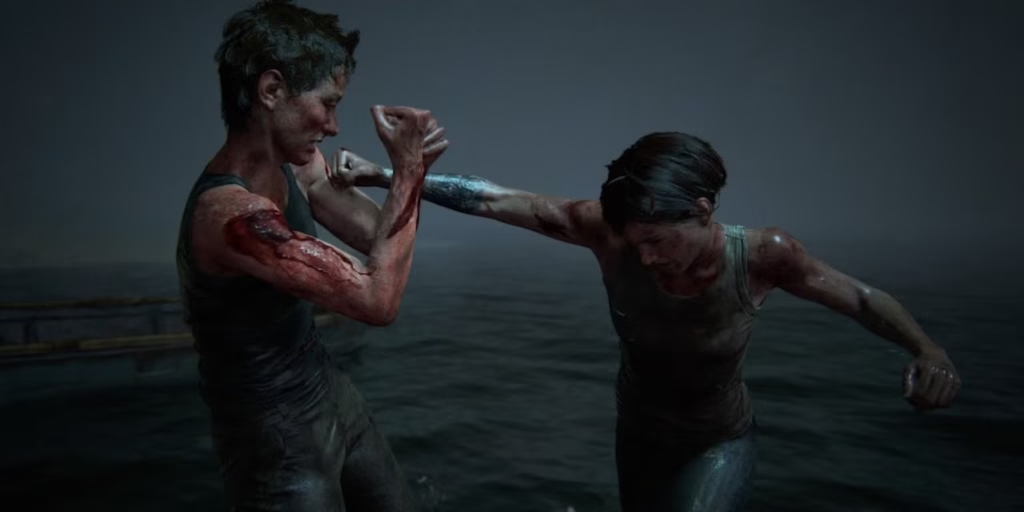
Abby ends up getting a layer of complexity to her character. She won’t just be a revenge seeker, but instead she’s now someone whose actions unintentionally hurt an innocent. Killing Dina would morally compromise her far more than Joel’s actual death did.
It introduces something called “accidental villainy.” Yes, Abby comes after Joel, but her actions ended up destroying someone else’s life too. We get higher stakes of empathy; can we sympathize with a person who sought revenge but collateralized someone innocent?
That’s more interesting and challenging than the forced, awkward, “play as Abby” detour we got.
This version of the game allows the ambiguity to develop organically rather than requiring you to see “both sides.” Ellie’s rage and need for vengeance is justified. The reasons behind Abby’s actions make sense. Joel’s actions are both damning and noble. The cycle of violence isn’t hammered into the player with repetition, but instead it breathes in the relationships, the grief, and the inner conflicts.
The core message that violence breads violence and the choices we make echo far beyond their moment lands harder when it impacts characters we are close to, we love, and are emotionally tied to. Not just the ones we nostalgically remember.
Dina dying, Ellie seeking revenge, Abby dealing with guilt and remorse, a rift between Joel and Ellie, and letting Abby live, and the eventual (possible) reconciliation between Joel, Ellie, and Abby.
In this arc, Ellie is still seeking revenge, but her arc doesn’t feel emotionally numbing. The rewrite still revolves around the same themes but Ellie’s revenge and rage is tangled in guilt, anger, and unresolved grief and resentment toward her father figure, Joel.
Ellie is not just chasing Abby but fighting with the sins of Joel, and her own place in that legacy.
In my opinion, this is far deeper than “don’t kill people, it’s bad” after killing hundreds but letting go of the one that actually chasing.
One of the most frustrating things about the original is that Joel never gets to process the impact of his choice at the hospital.
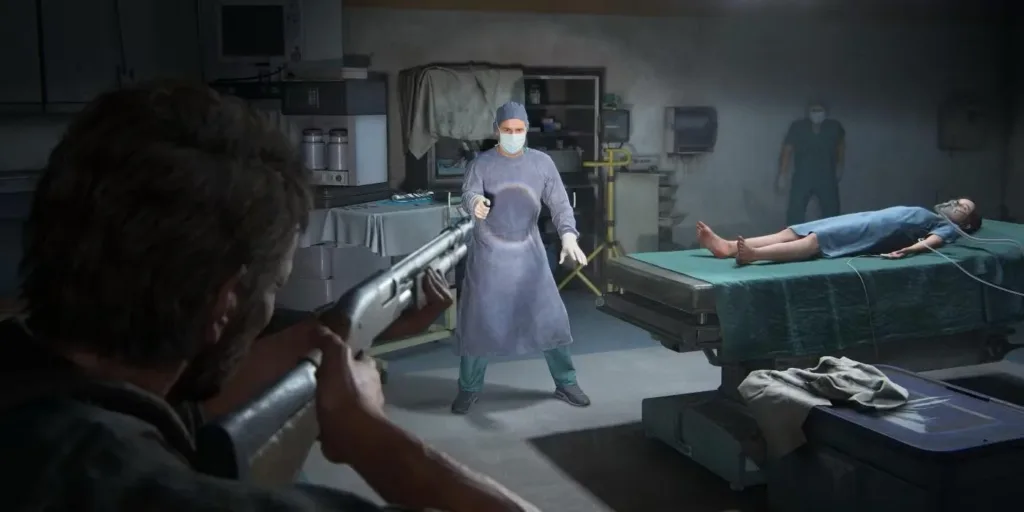
Joel ends up dead before anything meaningful can happen, but if he lives, he becomes the living reminder of moral ambiguity and Ellie gets to hold him accountable however she decides. That’s a better way to explore consequence than killing him off for shock.
The current story twist exists because it can exit, not because it needs to.
In this The Last of Us Part II, the player isn’t forced to play through choices they don’t agree with, especially when controlling Abby. The player isn’t lectured but instead, feel torn, unsure, and emotionally invested. That’s what makes any story memorable; not telling you how to feel but making you feel everything.
The Last of Us was about love and sacrifice, the sequel tries to be about revenge and forgiveness but fails. It feels disconnected from its emotional core. But the death of Dina bridges the two themes; the cost of love, the pain of consequences, and the struggle between revenge and redemption.
Joel is a highly complex and beloved character from The Last of Us 1. He’s killed off within a few hours and his death isn’t preceded by any significant emotional arc or conflict resolution.
Joel is killed not to explore his flaws in depth, but seemingly just to ignite Ellie’s thirst for revenge (which leads nowhere).
I wish the game and show could have chosen a different path instead of going with shock over substance. Killing off a character isn’t inherently bad but the way Joel’s death is handled feels like a choice made to provoke outrage, buzz, and viral reactions; they succeeded at that for sure.


